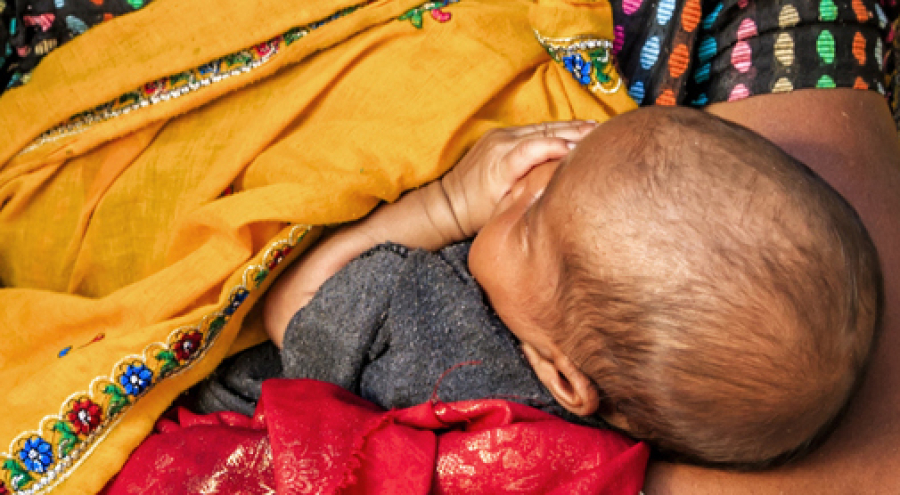Repeated monthly survey of severe maternal complications
A repeated monthly survey of nine severe maternal complication has been undertaken through the MaatHRI platform since September 2018. The survey covers all fifteen MaatHRI collaborating hospitals which together conduct about 100,000 childbirths per year. The survey data has been instrumental in understanding and monitoring the impact of COVID-19 related lockdowns on reproductive health of women in India.
Funding: This work is funded by a Medical Research Council Career Development Fellowship for Manisha Nair.
Key results
- From December 2018 to May 2021, a total of 24,978 women were admitted to the 15 MaatHRI collaborating hospitals in 5 states in India with at least one of the nine surveyed pregnancy complications, and 1,020 of them died.
- The number of hospital births significantly decreased during the pandemic. Compared with the corresponding month in the pre-pandemic period, hospital births decreased by nearly 5% for every 10% increase in Government Response Stringency Index (GRSI) [a country-level score that measures the strictness of restrictions to control the pandemic].
- During the pandemic, the overall incidence of maternal complications increased by 10%. This was mainly due to a significant rise in hospital admissions from septic abortion, which were 56% higher during the pandemic.
- The overall case fatality from the nine complications increased by 23% during the pandemic period compared with the pre-pandemic period.
Updates on the impact of COVID-19-related disruptions on reproductive health
Please note the following charts are best viewed in full screen mode, accessible via each charts' menu.
Policy Recommendations
Sexual and reproductive health services should not be affected by lockdowns
– Public and private clinics offering contraception and safe-abortion services should remain open with adequate staff and services.
Obstetric emergencies require rapid evaluation and interventions
– There should be no delay in travel and reaching the facility.
– A few ambulances can be kept as priority service for pregnant women.
– Every district should have a designated obstetric care hospital that is COVID-safe.
Public messaging is key
– “Severe complications in pregnancy can be life-threatening if treatment is delayed –DON'T DELAY, GET HELP from your nearest health facility”



